Neptune Communications Offering Satellite Broadband In T&T

Julian Jordan, CEO and founder of Neptune Communications
Last week, the Telecommunications Authority of T&T announced that the Minister of Digital Transformation, Hassel Bacchus, had approved a recommendation from the T&T telecommunications regulator to grant ten-year con-cessions to a company named Neptune Communications.
The concessions allow the Barbados-based company, according to a notice published last Thursday, to operate a public international telecommunications network and a public domestic fixed wireless (via satellite) telecommunications network and public domestic fixed telecommunications services.
In an interview with the Business Guardian on Saturday, the CEO and founder of Neptune Communications, Julian Jordan, said right now the company is focused on providing broadband service, via satellite, to government agencies, state enterprises, and corporate entities.
“The company was formed with a view to bringing resilient connectivity to national security, government, police, fire, emergency medical, and other services,” said Jordan, who added that the company hopes to roll out its service next month.
He referenced the terrorist attacks on the US on September 11, 2001, in which terrorists linked to the Islamic ex-tremist group al Qaeda—founded by Osama bin Laden—hijacked four commercial passenger airplanes.
In the aftermath of those attacks, Jordan said the US passed a series of laws that made clear how important it was “for serious and real attention to be paid to this question of connectivity for those people and agencies who are supposed to run the critical infrastructure of the country. When all hell breaks loose, countries need to have communications platforms that allow for a country to reboot itself.”
He said 50 years ago, the post-crisis requirements were for power, water, shelter and food.
“Nowadays, you have to have connectivity. So Neptune Communications was formed to bring highly resilient, secure broadband to this part of the world,” said Jordan.
“We are not focused on providing these services to households just yet.”
The company intends to provide two services to its clients.
“One of them is satellite broadband communications services. That really revolves around delivering broadband access and related IT service to our customers,” Jordan said.
This involves the company providing high-speed, resilient or redundant connectivity “straight out of the satellite in the sky” to support the corporate networks of the offices or business place of the customer.
He said Neptune Communications, which is a privately owned company, has 100 per cent of T&T under coverage at this time, “so any business or government agency that currently does not have internet service, or has poor or unreliable internet service, we can transform that very quickly.”
The second line of service provided by Neptune Communications is to provide genuine, redundant connectivity to companies or government agencies that already have fibre access to the internet.
Julian said: “This is where we believe there is a great deal of room for improvement. In the world of communications, there is something called cloud services. That depends entirely on very, very reliable connectivity. The best-demonstrated practice in the outside world is to find path diversity or redundant connectivity. So that if one method of connecting to the internet fails, there is a backup method that is entirely disassociated from the pri-mary method of connecting to the internet. In that way, the customer can be assured that their cloud services will continue to work.”
He said what Neptune Communications has done with its satellite-enabled internet service is establish “a clear, independent, secure robust path for internet services for Trinidadian business and government agencies that do not depend on any existing infrastructure in T&T. It is a genuine redundant path.”
The Neptune Communications CEO said chief information officers for big companies, who are responsible for ensuring that their networks remain online, no matter what, have to think about business continuity planning and redundant connectivity.
“And that is really where we shine,” said Jordan.
On the issue of the speed of the satellite broadband service, he said the throughput speeds that are available by satellite now go up to 220 megabytes per second.
“Right now, what we are offering, subject to the business opportunities we have in front of us, is throughput speeds of up to 220 megabytes per second, possibly up to 350 megabytes per second, depending on a number of factors to do with the site, such as the location,” Jordan said.
He explained that once a business gets above a certain throughput speed, that it has access to securely, they lit-erally cannot tell the difference if any more speed is added.
“It is like someone drinking water from a garden hose, and they could not drink any faster, and someone brought you a fire hose; that does not help you. The speeds we are providing are more than enough to support any major corporate network,” Jordan said.
He said Neptune Communications is not assuring 100 per cent internet availability because “there is no such thing.” Typically, what the company provides is service assurance of 99.5 per cent plus on certain of its service. On other services, it provides a best-efforts service “which means you take what you get and it depends on the amount of traffic and people accessing the service at a certain time.
Cost of service
On the issue of the cost of the services Neptune Communications provides, the company’s CEO said it does not have one-size-fits-all pricing. Some customers will require smaller capacity and some will need more.
“Our entry price might be between US$350 to US$400 a month, upward to the sky is the limit. That is because there are industrial-scale satellite solutions that we can provide that an entire country’s needs can be rested on. That would be in the tens of thousands per month.”
Jordan said the company will be billing its local customers in TT dollars, but there are going to be instances, depending on the nature of the contract, where customers would be billed in US dollars.
“That is not going to stand in the way of us pursuing the market aggressively,” he said.
The company is flexible on the issue of equipment.
Some companies or agencies may wish to acquire the equipment, but for most of its T&T customers, Jordan said Neptune envisages that it would retain ownership of the equipment and bill the customer for the rental of the equipment and the service itself.
Neptune is also flexible on the length of the contracts it intends to offer its T&T customers. Contracts will be for a minimum of 12 months, but the company is also offering 24, 36, 48 and 60-month plans.
Competition
Asked if he expected businesses or government agencies to scrap their current fibre-enabled access to the inter-net and adopt the service offered by Neptune Communications, Jordan said: “I would love that, but that would not be the right thing for me to say to any of my potential customers. We do not intend to substitute, as a primary internet service provider for a big corporation that currently has a fibre service.
“We are interested in being a redundant provider. So businesses that, as they think about what their needs are, they now have a genuine redundancy option, which we know the more sophisticated of them are looking at.”
Questioned on whether Starlink, the Elon Musk-owned satellite provider, would provide competition to his com-pany, Jordan said: “We at Neptune are very excited that Starlink is here in the region. In fact, our low-earth orbit service will be very much based on our ability to access Starlink’s network through global resellers.
“The Starlink service is directed primarily at consumers. When you look at this question of US dollars, the Starlink model is aimed at people who will go on the internet, put in their credit card, and get charged in US dollars. They then send you a kit for you to mount on your house and good luck.”


